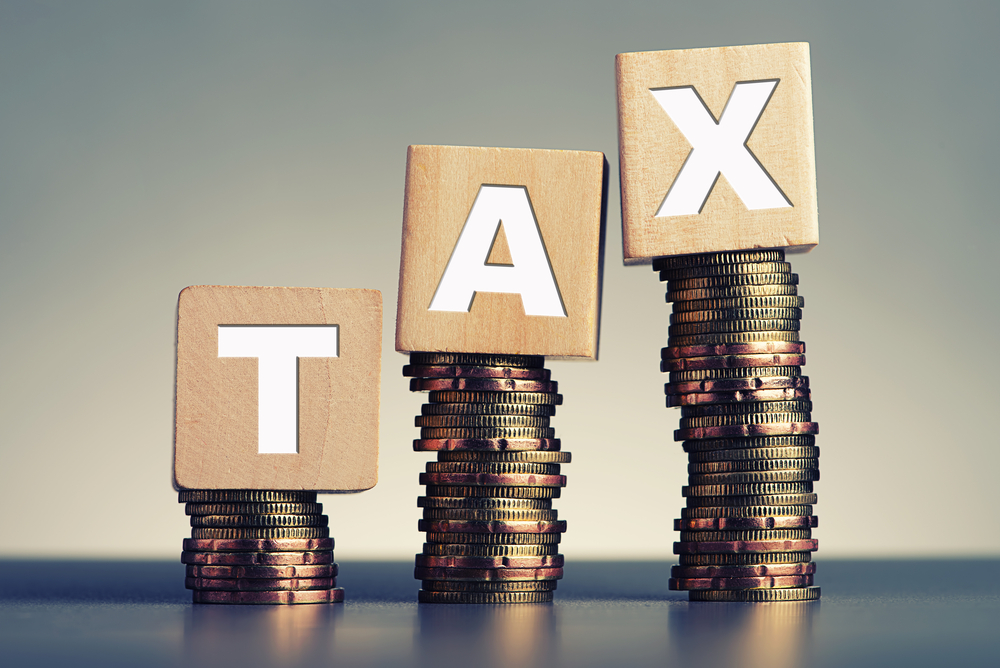Income Tax Form 13 allows NRIs to apply for non-deduction or lower deduction of TDS. This provision provides relief from excessive tax withholding.
Tax Deducted at Source (TDS) helps the Government of India collect taxes at the source of income generation. It applies to various types of income, such as salaries, interest on bank deposits, dividends, professional fees, rent, etc.
TDS ensures that the government collects tax as income is earned rather than waiting for the taxpayer to pay it at the end of the financial year. Non-resident Indians (NRIs), just like Indian citizens, are subject to TDS. Income tax filing for NRI taxpayers can be an intricate process. Hence, understanding the provisions and latest tax laws is essential.
While NRIs are subject to TDS, they have an option to apply for lower or non-deduction of TDS. This can be done by using Form 13 for lower deduction of TDS online or complete non-deduction. Let us find out more about this provision, the rules, and the procedure.
Table of Content
Understanding Non-Deduction/ Lower Deduction of TDS for NRI
TDS is deducted at the source of the income, irrespective of an individual's actual annual taxable income. This can make it hard for taxpayers to pay TDS without taxable income. In such a case, TDS is deducted from the income, and the taxpayer has to file a claim for a refund later.
While the government does refund the excess tax, the taxpayer has to wait to file a refund and then receive it. This results in lower financial liquidity. Taxpayers also have to make the effort to file a return, which can be time-consuming.
The Government of India allows NRIs to use a non-deduction/ lower TDS certificate to lower or completely eliminate TDS. The NRI can request this certificate from the TDS Assessing Officer under Section 197 of the Income Tax Act, 1961.
This not only simplifies the process of tax filing but also ensures that taxpayers get to keep more of their hard-earned money for themselves so they can use it for their needs.
Situations Where NRI Taxpayers May Not Qualify for TDS
A taxpayer might face challenges with TDS when:
- The taxpayer has incurred a loss in the current year.
- The taxpayer is carrying forward losses from previous years that can be used to offset current-year income.
- The taxpayer is eligible for certain exemptions or deductions during the year.
Incomes that Qualify for Non-Deduction/ Lower TDS Deduction Under Section 197
Taxpayers can apply for a certificate under Section 197 if the income falls into the following categories:
- Income of non-residents received under Section 195
- Salary income under Section 192
- Interest on securities under Section 193
- Dividends under Section 194
- Interest (other than interest on securities) under Section 194A
- Contractors' income under Section 194C
- Insurance commission under Section 194D
- Commission/remuneration/prize on lottery tickets under Section 194G
- Commission or brokerage under Section 194H
- Rent under Section 194-I
- Fee for professional or technical services under Section 194J
- Compensation on acquisition of immovable property under Section 194LA
- Income in respect of units of an investment fund under Section 194LBB
- Income in respect of investment in securitisation trust under Section 194LBC
How to Apply to the TDS Assessing Officer Under Section 197?
Taxpayers seeking relief from TDS under Section 197 can make an application to the TDS Assessing Officer if circumstances warrant non-deduction or lower deduction based on their estimated final tax liability. Here is the procedure for the same:
- Form Submission: Complete the application for nil/lower deduction of TDS using Form 13. Income tax authorities permit taxpayers to file the form manually or online through TRACES. Taxpayers can choose either method and submit the application to the TDS Assessing Officer for approval.
- Assessing Officer's Evaluation: The TDS Assessing Officer assesses the application and, if satisfactory, issues the certificate.
- Certificate Attachment: Once the certificate has been issued, taxpayers must attach a copy of the invoice given to the tax deductor. The non-deduction/ lower TDS certificate serves as justification for the tax deduction.
It is important to note that Section 197 certificates are only valid for the specified financial year. They cannot be used for another financial year. The certificate remains effective from the date of issue throughout the financial year unless the Assessing Officer cancels it before its expiry.
Moreover, there is no specific deadline for Section 197 applications. However, it is advisable to apply to the commencement of the financial year for regular income. In the case of other irregular forms of income, taxpayers can apply as and when they receive the income.
Wrapping it up
The non-deduction/ lower TDS process empowers taxpayers to actively manage their TDS deductions and ensure their tax liabilities align with their income. It makes income tax filing for NRI easy and streamlined and avoids unnecessary fund blockage.







 FOR EXISTING POLICY
FOR EXISTING POLICY 
 FOR NEW POLICY
FOR NEW POLICY 






